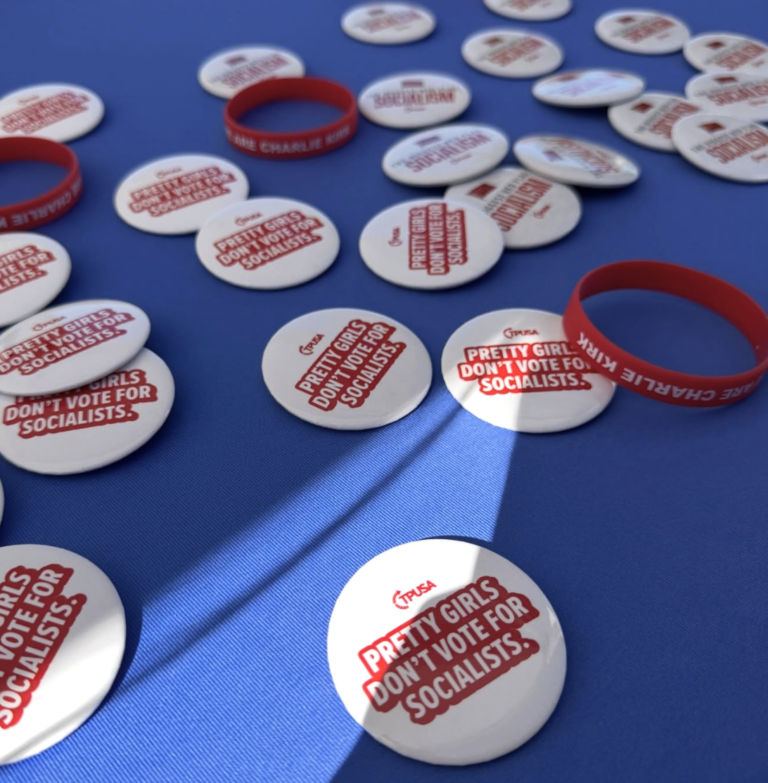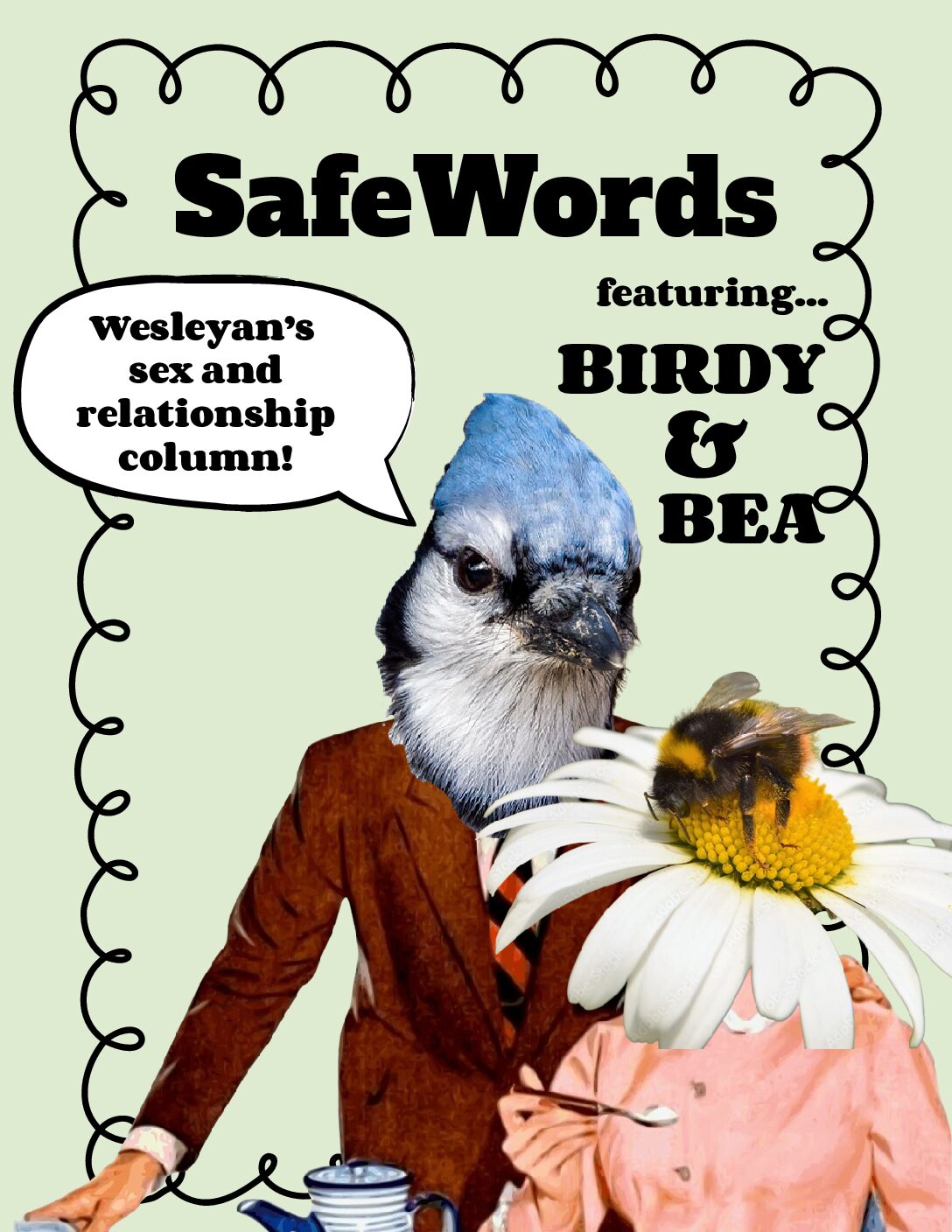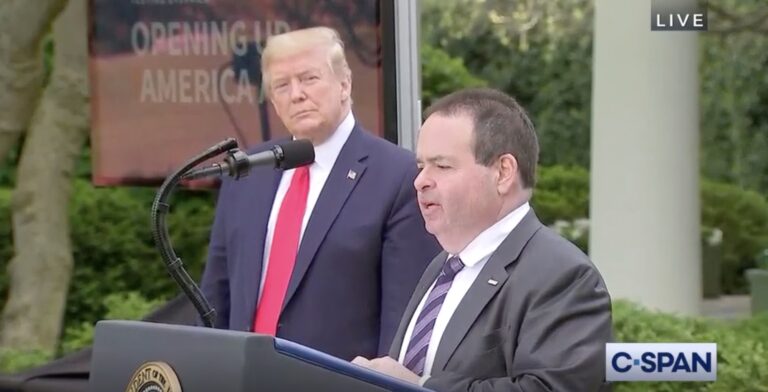Professor’s Perspective: A Welcome Note to the Class of 2013
Instead of a screed of platitudes about how best to maximize the Wesleyan experience, I have chosen to use this, my first contribution to The Argus, as a space to introduce incoming freshmen to my personal understanding of a liberal arts education, simply by thinking aloud, and in so doing, say something potentially important as well. Thus, I aim to do two things here: model my pedagogic method, and transmit a message within it.
I start, as I often do in my classes, with some trivially true observations. Talking to my freshman students this year, I was struck by how much they resembled my freshman students from last year. Here is the a modal profile: she emailed me in advance of a class to ask me if she would be able to handle the course load having not taken the relevant AP course in high school (and I said, don’t be ridiculous, you’re probably better off); he strategically underestimated his personal skills assessment so that he could benefit from recommendations for enrichment classes (and he was not thrilled when I told him that so probably did everyone else); she secretly found the exercise of signing an honor code perfunctory because her word would have been good enough (and I silently agreed); he emailed me to let him take my upper level course even though he was not a major and promised to work extra hard (and I said it’s unlikely, but that didn’t stop him from prominently occupying the front row seat on the first day of class). There is more, much of it je ne sai quoi, but if you’re reading this, you’re already completing my sentence. And that too is my point.
All this is “institutional memory” at work and on display, thanks to our dedicated and professional admissions staff who have somehow managed to secure for us a diverse and talented group of young adults, but yet as a body constitute a perfect reproduction of what Wesleyan is and has been.
Of course, “institutional memory” is something of a misnomer. Only people remember and forget things; institutions facilitate in the codification of memories, but they do not in and by themselves remember. These memories come in the form of rules and norms codified, and sometimes modified, by accumulating generations passing on their wisdom to the next. Memories last not only because they are codified and remembered, but because they are reproduced.
It is this reproduction of Wesleyan in one way or another in every incoming freshman that caught my attention this week. I took no notice of these patterns last year, since I had no basis of comparison before. Whatever landed on my lap I took as manna from heaven, an entirely given fact of life not to be contested or theorized. But when it happened again this year, I began to wonder if that which seemed so mundane and given last year was in fact a result of institutional memory, or most precisely, a reproduction of institutional memory.
In America, the graduation ceremony is called “Commencement,” as is not typically the case for, say, a European university. Encaenia, the latin term used for many British ceremonies, commemorates not the beginning but the end—graduation and a lifetime of achievement in the form of honorary degrees, not commencement. Well, what exactly are incoming freshmen inaugurating today, if you are also going to be inaugurating something new in your lives when you graduate in four years? I propose that you are creating a new Wesleyan every day. In every ball you throw, every pedantic quibble you have with an assigned text, every note you sing, and even every battle you will invariably have with your printers a minute before a paper deadline, you are reproducing, reifying, and reliving afresh the wisdom of ages past. Let this be my welcome, and the commission I charge to the Class of 2013. Become your forebears, for you shall become yourselves.







Leave a Reply